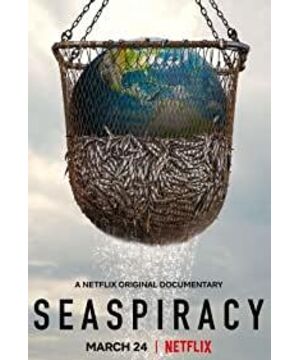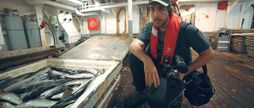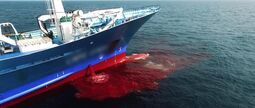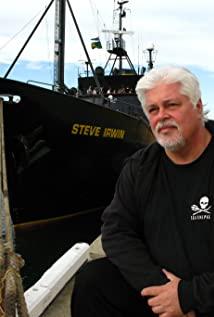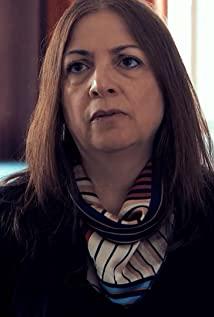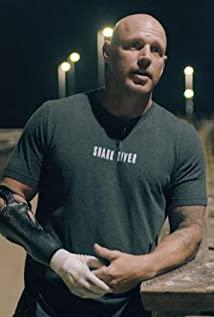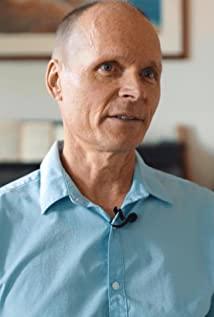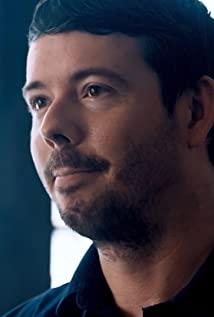The lead creator Ali Tabrizi adopted a step-by-step approach, showing his difficult journey of trying to answer "how do we protect the ocean".
The tone at the beginning of the documentary is relaxed and interesting. According to Ali, the main creator of environmentalists, marine life death = marine death = the earth is basically over, and a large number of marine life is being killed by plastic waste. So for the sake of environmental protection, he donated money to related organizations, went to the beach regularly to pick up trash, tried to use green products, and became a "plastic policeman", even ordering takeaways, not forgetting to persuade the store to change to green tableware. He thought he had done everything he could for environmental protection.
Until one day, the news of the resumption of the whaling industry in Japan left him in a deep confusion: Why did these people take the initiative to hunt whales? In order to solve this question, he embarked on a journey to Japan, but did not think that the solution of one problem led him to the next... The problems snowballed more and more. He was driven by doubts and enthusiasm for environmental protection. From whaling to shark fin, from shark fin to "accidental fishing", from "accidental fishing" to commercial fishing-at that time, he panicked to discover that the environmental protection organization he trusted had shielded the biggest killer of the sea: the fishery was polluting, They hurt the ocean, but no one dared to blame them, no one even dared to question them.
After realizing that commercial fishing is not as “blue” as the industry seems to be as harmless, he chose to take a step closer to explore the damage caused by commercial fishing to the sea and the relationship between these injuries and us humans. With expectations, he interviewed environmental organizations, fisheries practitioners, oceanographers, and some fishing operators who claim to be green and sustainable. However, he discovered with trepidation that the impact of fisheries was far greater than he had imagined, but now humans are not. There is no systematic solution at all.
His journey ended with the dash of the last hope: he gently covered the eyes of the whale lying in a pool of blood, and sadly decided that "sustainable green fishery" was just a lie he wanted to believe.
In the end, he used the words of several scholars to convey this message: 1. What currently dominates our field of vision is the crisis that environmental protection organizations and fisheries want us to see. Although we should pay attention to crude oil leakage and reduce plastic waste emissions are also very important, but unless we really start to solve the core problems, otherwise these efforts will be just a drop in the bucket.
2. Don't wait for instructions from the government or large organizations to act, and don't feel that you can't do anything. Everyone is a stakeholder on environmental issues. "Everyone can do something".
View more about Seaspiracy reviews


